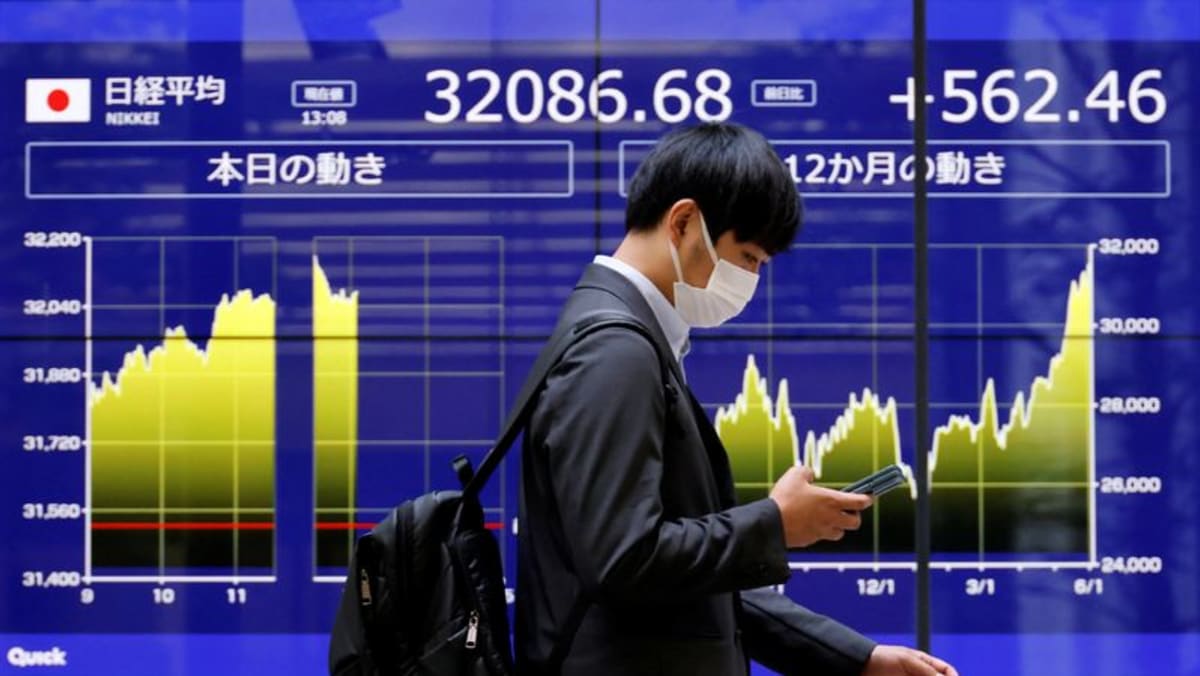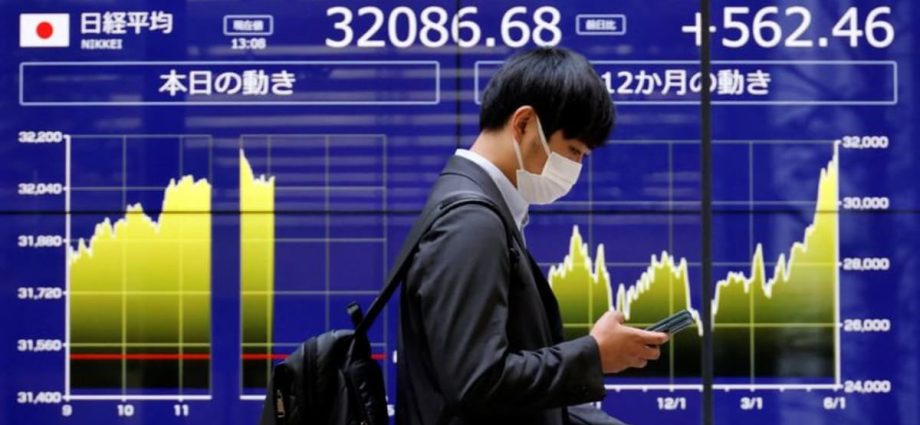
It does not matter, in this theory, whether you call what is happening “decoupling”, or sand its edges and call it “de-risking”. Business is reshaping, finance will follow and in historic realignment, runs the logic of avarice, there is always historic opportunity.
This type of conversation plays as sweet music to the promoters of Tokyo’s ambitions as a global financial centre: A strangely skeletal and necessarily patient lobby whose zeal has traditionally risen in inverse proportion to any serious signals of success.
Critically, this lobby has never been anywhere near the core of what Japan wants or how it sees itself. Plenty of asset owners and managers come to Tokyo; but when the assets tend not to come with them, Japan as a whole just shrugs.
THE TIME IS NOW
For the Tokyo boosters, now may be the yearned-for breakthrough: Their cause might be winnable through an unexpected twist or two of geopolitics.
There are three genuine grounds for optimism. The first works around the idea that the global realignment of the chip industry, in parallel with the broader “de-risking” strategies of both Japanese and foreign companies, could draw businesses and even regional hubs away from China (and Hong Kong) and towards Tokyo.
The revelation in May that South Korea’s Samsung was looking to establish a US$200 million research and development centre in Japan provided striking optics for the sense that old rules are crumbling quickly.

